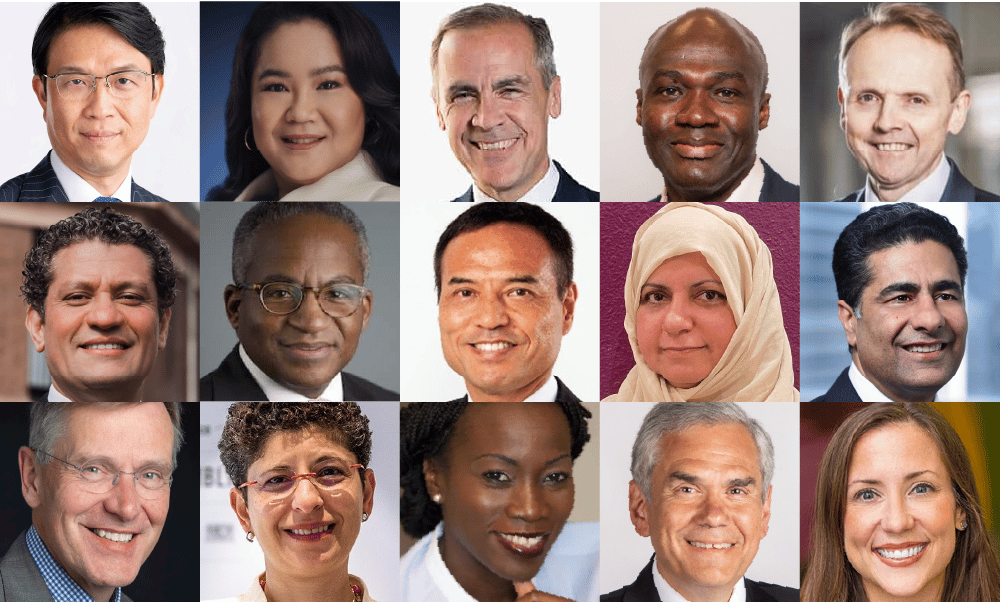Infraclear is building the Bloomberg of infrastructure. It has patiently gathered thousands of infrastructure project agreements and real-world financial models. Using machine learning and natural language processing tools, it is building the world's first large scale database of how thousands of infrastructure projects were structured, and how they performed.
On top of this data, it is building
- Market intelligence and benchmarking products that can shave years off the time it takes to develop a project
- Portfolio management tools for banks and infrastructure investors
- A procurement platform that can standardize and simplify infrastructure procurement
- Tools to securitize nearly $4 trillion of infrastructure loans, while increasing returns for investors by up to 25%
- Project finance professionals with experience at IFC, Rothschild, and Blackstone;
- A PhD in Engineering who was the lead data scientist for the Cornell Legal Information Institute-- the world's largest legal information platform with over 40 million users;
- Employee #5 at Infosys

